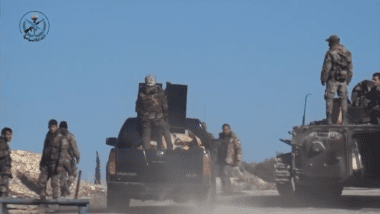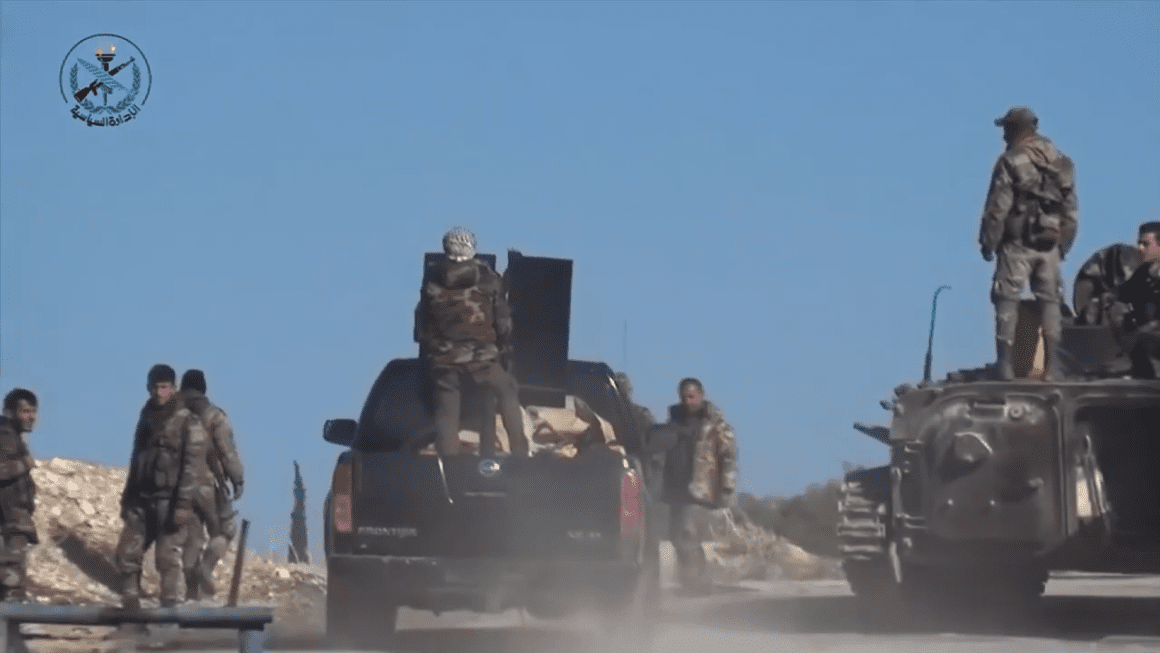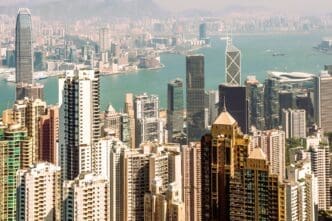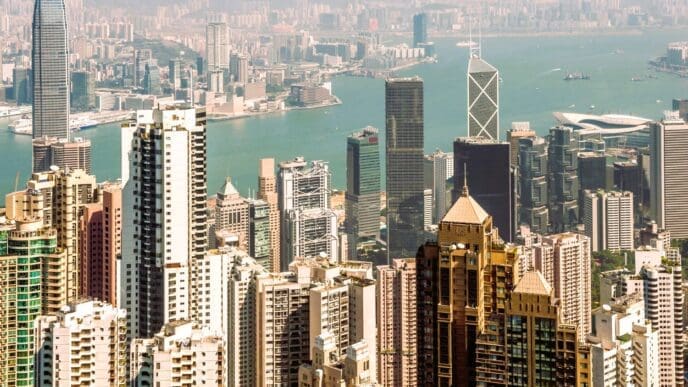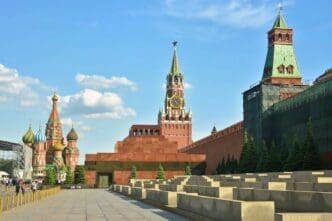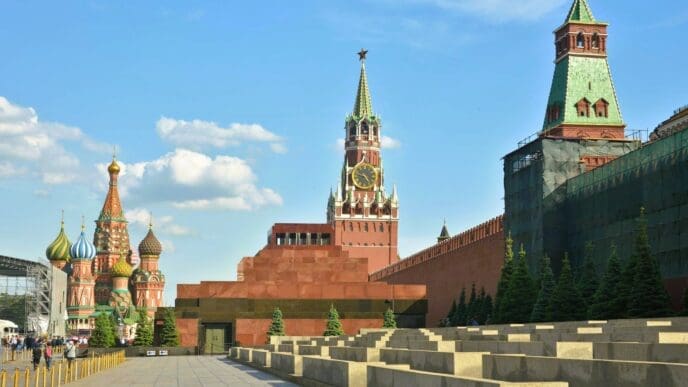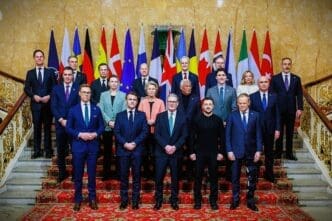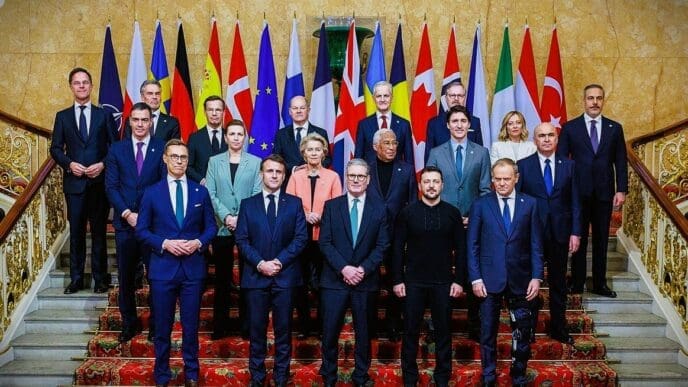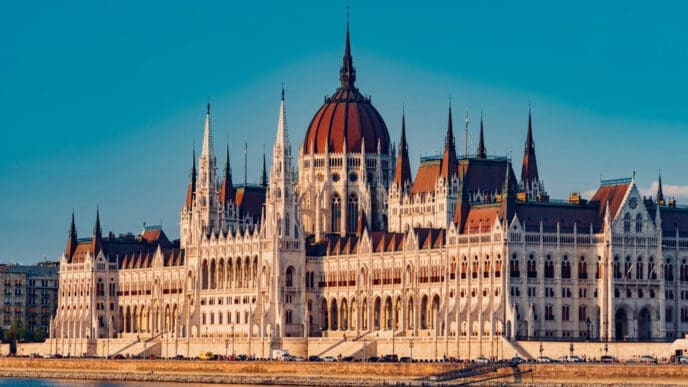In a recent development, the Syrian Prime Minister emphasized that most members of the cabinet have resumed their duties following the ousting of President Bashar Assad. However, a United Nations representative countered this claim, stating that the nation’s public sector remains at a standstill.
The Syrian government, under its current leadership, faces significant challenges following the upheaval of President Bashar Assad. While streams of refugees are returning to Syria in search of a peaceful future and family members lost during Assad’s rule, the functionality of the government remains questionable.
A former al-Qaida affiliate leads the rebel alliance now controlling large parts of Syria, promising governance that respects religious tolerance. Interestingly, they vowed not to impose dress codes on women, asserting that women’s appearance is their personal choice.
Despite the Prime Minister’s assurances, the UN’s Adam Abdelmoula pointed to a near-total shutdown in key government services, exacerbated by state employees’ refusal to return to work. This has disrupted operations at airports and borders, further complicating humanitarian aid efforts.
Intriguingly, Israel has taken measures to prevent advanced weapons from falling into extremist hands, conducting airstrikes on facilities suspected of housing chemical weapons.
The dynamics within Syria remain volatile. Turkey-backed forces have seized the northern town of Manbij from Kurdish-led groups, underlining the persistent struggles for control among various factions.
Both Britain and the U.S. are re-evaluating their stance on the main anti-Assad rebel group, Hayat Tahrir al-Sham, which seeks to shed its terrorist image by embracing more moderate principles. Remarks from British and U.S. officials reflect ongoing contemplation about formally removing the group from terror lists, albeit with caution.
The sudden change in Syria’s political landscape leaves many government functions in limbo. Former associates of Assad now face the challenge of establishing a stable governance framework while assuring citizens and international stakeholders of their intentions.
The absence of public transportation and the closure of shops reflect the uncertainty gripping Damascus as people cautiously celebrate the prospect of change. Meanwhile, long queues at bakeries indicate a pressing struggle for basic necessities.
Syrian families await news of imprisoned relatives, especially with the anticipated changes in detention policies. The atmosphere remains tense, yet hopeful, as prospects for a new era in Syrian history loom.
The Syrian Prime Minister asserts the operational state of the government, although evidence suggests a different reality. As the country navigates the transition, questions about governance, restoration of key services, and humanitarian conditions remain a priority. The involvement of international actors further complicates the situation, as Syria strives for stability amidst its fractured political and social landscape.
Source: Wsvn

